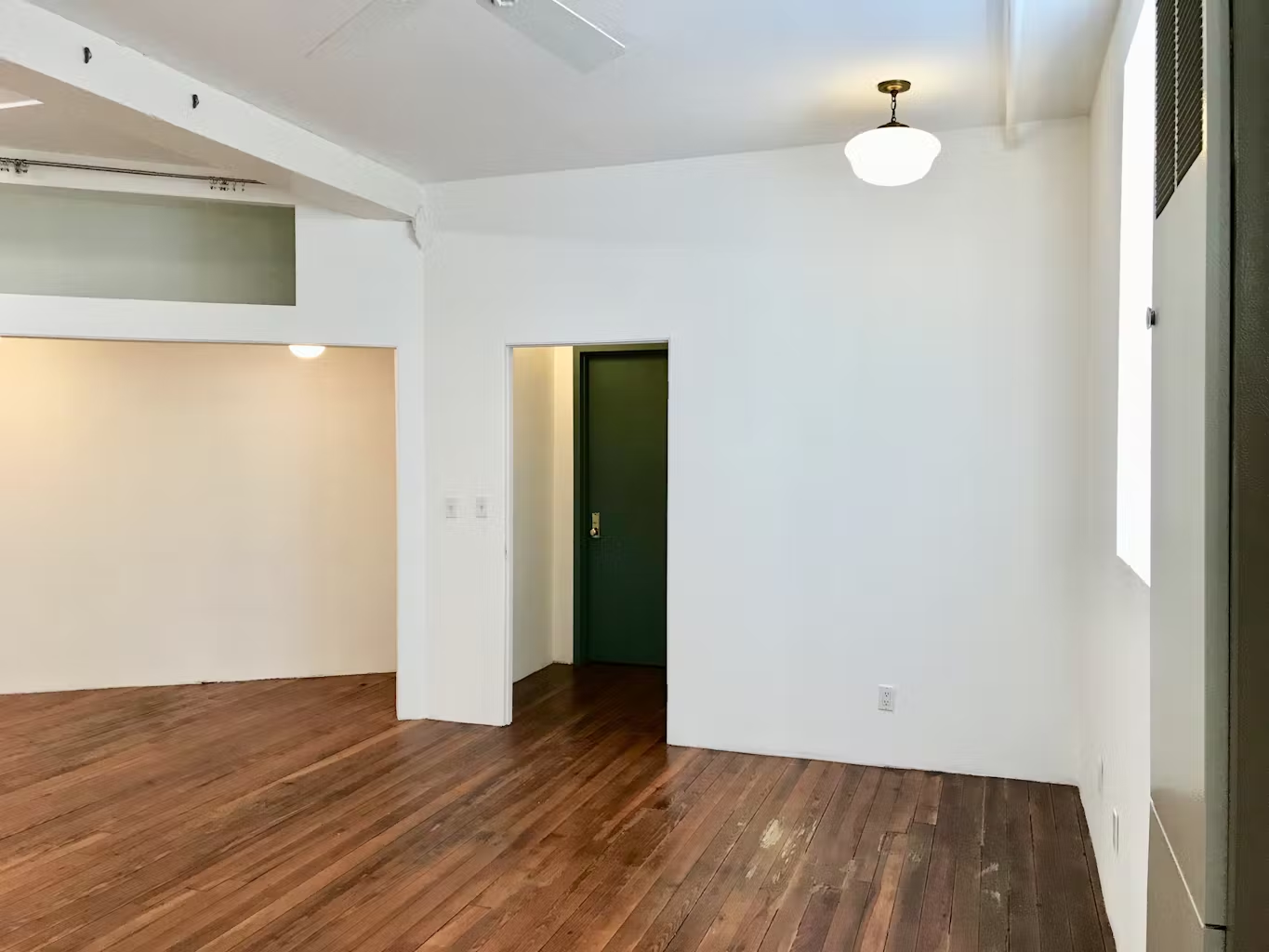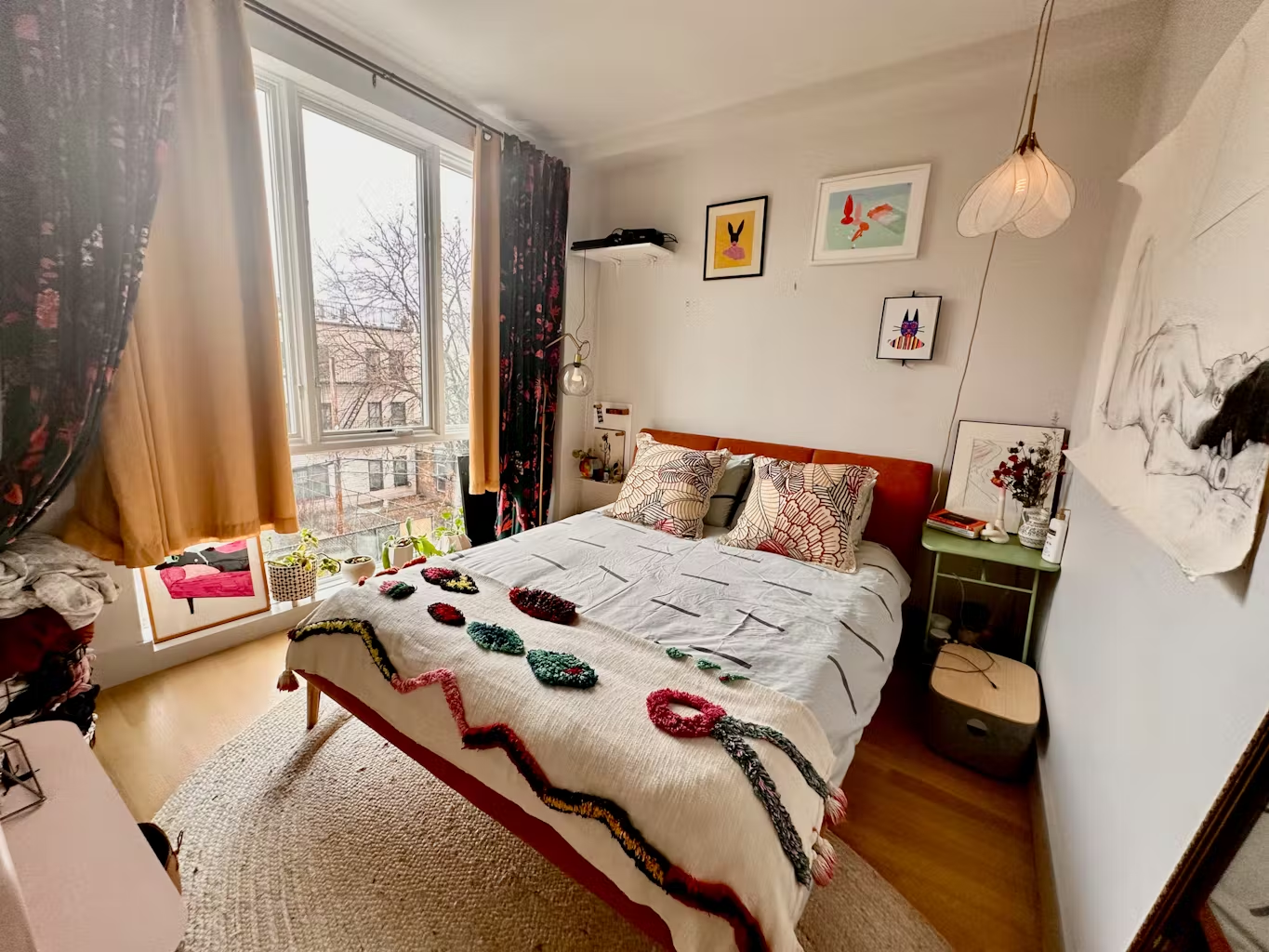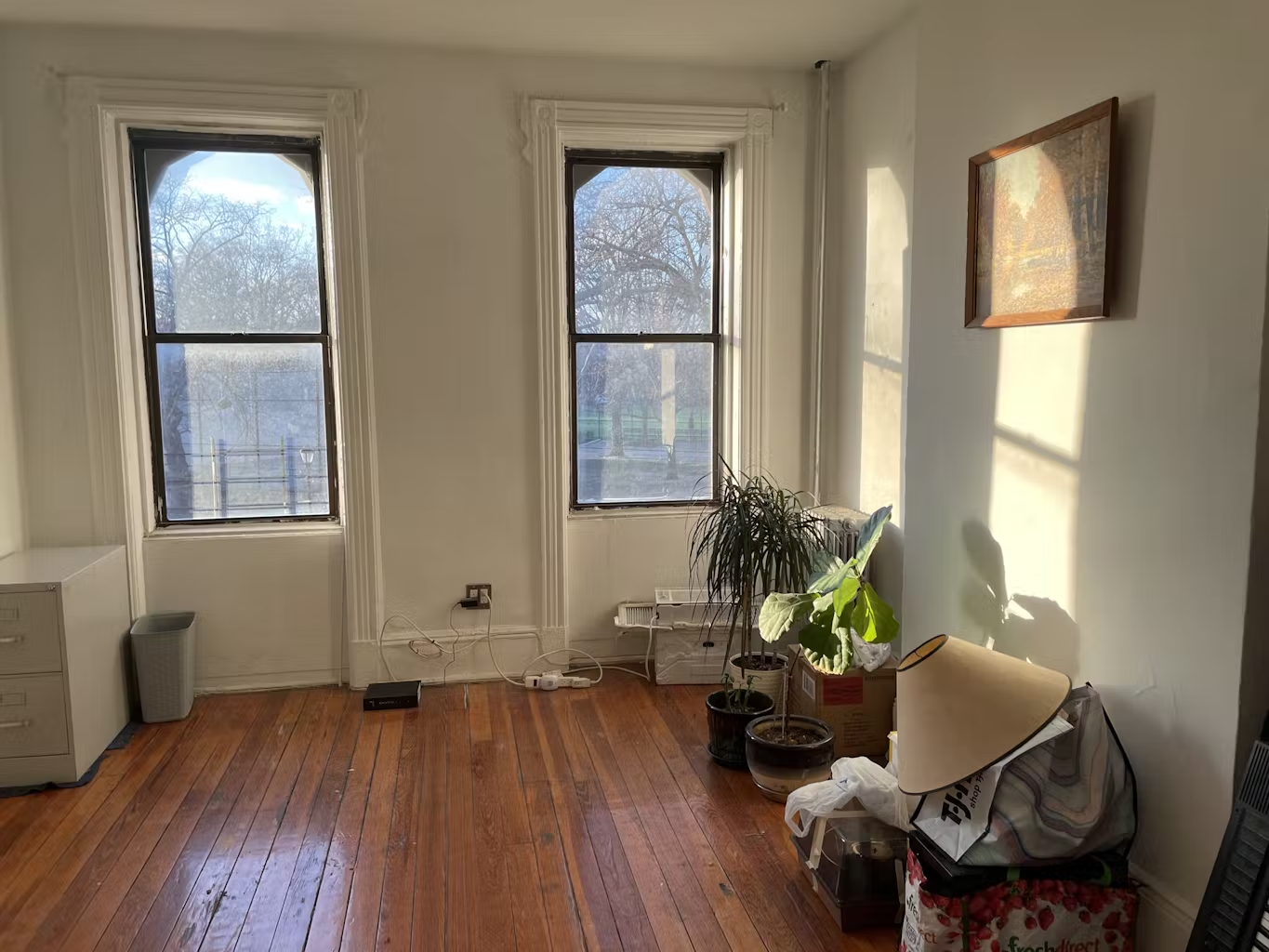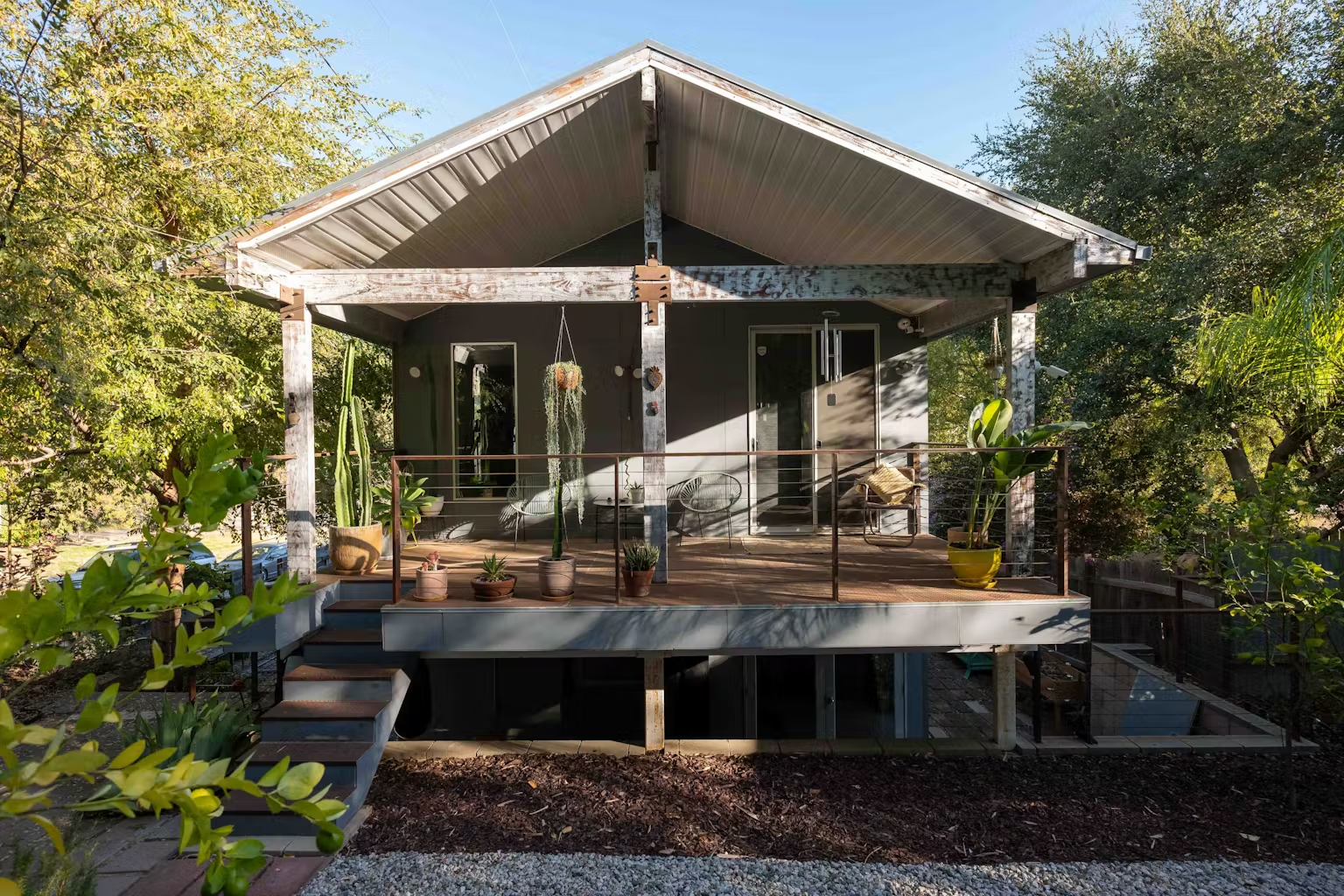

We’ve all felt that magical moment of moving into a new place. Whether you’re feeling excited to start decorating your dream home, or just feeling relieved after a strenuous months-long search, the last thing most of us are thinking about is receiving the security deposit at the end of the rental.
At the same time, we know how important security deposits are for both landlords and tenants. We know of tenants who have had to wait an unreasonable amount of time to have their security deposit returned, or have been upset by only receiving a partial refund without explanation. And we also have had landlords or subletters devastated to return to a property that has been damaged.
In this article, we want to equip landlords, tenants and subletters with the tools they need to confidently and seamlessly navigate security deposits. We'll share Listings Project recommendations, as well as several regional laws about security deposits, and we’ll also walk you through our tips to facilitate a seamless move-in and move-out, with your security deposit in hand.

Photo by S. Howard
What the Law Says
We recommend that you visit the website of your county or state to look up the laws for security deposits. For example, in New York state, tenant protection laws say that a landlord or subletter can ask for no more than one month’s rent and a security deposit that does not exceed the cost of one month’s rent; whereas in Los Angeles and San Francisco, a security deposit can be "no more than two months’ rent for an unfurnished unit, and no more than three months’ for a furnished unit.”
Additionally, in New York, the security deposit must be held in escrow in an interest-bearing account. The landlord must provide the tenant with the bank’s information and pay the tenant the full annual interest from the account (minus one percent for administrative costs). Tenants can choose to have the interest subtracted from the rent, held in the account until the end of the rental period, or paid as a lump sum annually. And while the state of California does not require landlords to pay interest on security deposits, some cities and counties do, such as San Francisco. To find out what is required in your region, take a look at the resources at the bottom of this article.
Tenant protection laws further state that the security deposit must be returned within 14 days of the end of tenancy in New York and within 21 days in California. If any money is taken out of the security deposit for repairs, this must be documented by the landlord in an itemized statement for the tenant.

Photo by Iris Spellings
Tips for Moving In
In the same way that you inspect a car for damage before renting it, we recommend doing a full walkthrough of the apartment with your landlord before moving in any of your belongings. Any existing damage to the apartment should be recorded with a time-stamped photograph. This information should be officially documented in a rider to the lease. A lease rider is “an addition to the lease indicating a specific condition of that lease that varies from the printed terms of the lease document.”
What should you be documenting? Anything beyond typical wear and tear to the apartment should be noted. Does a wall have a full mural painted on it? Is there broken enamel in the bathtub? If appliances are included, do the appliances work? Do you see a stain or burn on the carpet? These are the kinds of things you should document before moving in.
You can use a move-in check-list from the internet, or make your own. If you create your own, organize it by room and include floors, ceilings, surfaces, walls, windows (including screens), electrical outlets, light fixtures, plumbing, appliances, furniture, and the condition of the hallway. As you go through each space, make note if anything needs to be cleaned or repaired.
As you’re moving in or out, hiring a moving company can be one way to help prevent additional damage to the space; but, even if you’re just bringing friends together for the task, prevent damage to the space by laying down moving blankets or padding any tight corners with cardboard.

Photo by Jennifer Igartua
Maintenance During the Rental Period
The best way to maintain your home and protect your security deposit during the rental period is to clean regularly, and immediately reach out to your landlord about any damage that occurs or necessary repairs that are needed. If your sink is always leaking or your refrigerator is making a weird sound, contact the landlord right away for assistance.
If you want to make any changes to your apartment – maybe you’ve always wanted a hot pink wall or want to give your cat some shelves to climb – be sure to receive your landlord’s written approval, or a rider to the lease, to make these changes. But whatever you change, be prepared to change it back to its original condition before moving out; otherwise, you risk losing your security deposit.

Photo by Cora Foxx
Tips for Moving Out
When you’re getting ready to move out, you’re probably starting to think about your security deposit refund. In the state of California, tenants have the right to an inspection of their apartment with their landlord two weeks before they move out. During this inspection the landlord determines what costs, if any, will be deducted from their security deposit and provides an itemized statement.
If you are not in a state that offers an inspection before move-out, return to the checklist you created when moving in and refer to any photographs you took at that time to help ensure you receive the full security deposit. After you’ve packed and moved out your boxes, it’s time to return to the apartment to clean: empty the fridge, clean all surfaces, floors (vacuum and mop), and wipe down all appliances.
Now it’s time to check for any damage you might have done to the apartment. A landlord cannot keep your security deposit for “normal wear and tear,” which generally applies to things like faded paint, minor scuff marks on walls, light scratch marks on floors, or worn hinges and nail holes from hanging pictures. To prevent any surprises at move out, ask for clarification when you sign the lease on what your landlord considers “wear and tear.”
If you discover something that you damaged like a broken window, pet stains on the carpet, a hole in the wall, torn furniture or damaged appliances, the best thing to do is to be proactive and contact the landlord about the damage. Your landlord needs to provide you with an itemized invoice for any repairs they will use your security deposit for.

Photo by Lisa Houck
Tying Up Loose Ends
In New York State, security deposits cannot be held as the last month’s rent, and the landlord has fourteen days to return the security deposit to the tenant or submit an itemized statement with deductions for damage. In the state of California, the landlord has 2days to return the security deposit or provide the tenant with an itemized deductions statement.
If you do not receive your security deposit within your state’s mandatory timeline, the first step is to write a demand letter to your landlord (here is a template for California and New York). If you are encountering a building-wide issue in New York State, you may file a complaint through the Consumer Frauds and Protection Bureau of the New York State Attorney General’s Office.
If your landlord is still not returning the deposit, you can sue in Small Claims Court or Civil Court. We recommend referencing this guide for California and this guide for New York.
Additional Resources
Below we have included some resources for tenants who have wrongfully not received their security deposit back from their landlord.
Nationwide
-If you visit the U.S. Department of Housing and Urban Development’s website, you can search by state and navigate to “Get Rental Help” for a full list of tenant resources including “Tenant Rights, Laws and Protections.” Check out the resources for Illinois, Texas and Connecticut
New York City
-Call 311 and ask for the Tenant Helpline
-Visit the New York City Tenant Resource Portal
-Call Metropolitan Council on Housing’s Tenants’ Rights Telephone Hotline at 212-979-0611 or visit their website
California
-Visit Housing Is Key, the state of California’s official government website for renters, landlords and homeowners
-Take a look at California’s “Know Your Housing Rights” fact sheet
-Visit the Tenants Together to access their resources and to learn about their campaigns for housing rights
Nicole Daniels (she/her) was a Listings Project blog writer. Prior to her Listings Project days, she was a staff editor at The New York Times Learning Network, as well as a researcher and curriculum writer at the Schomburg Center for Research in Black Culture.